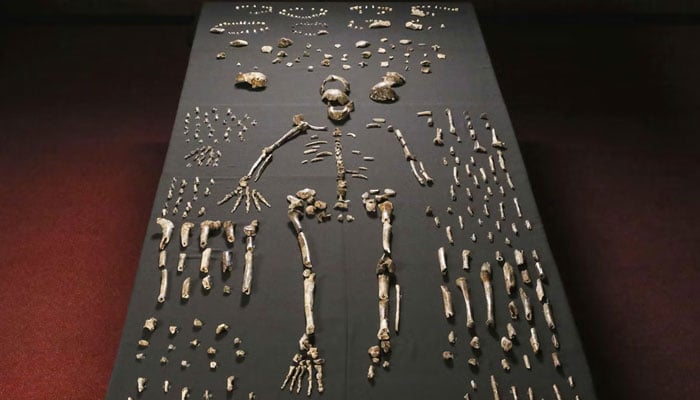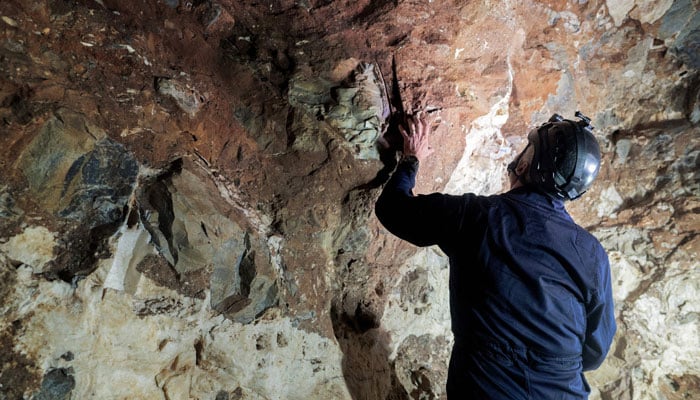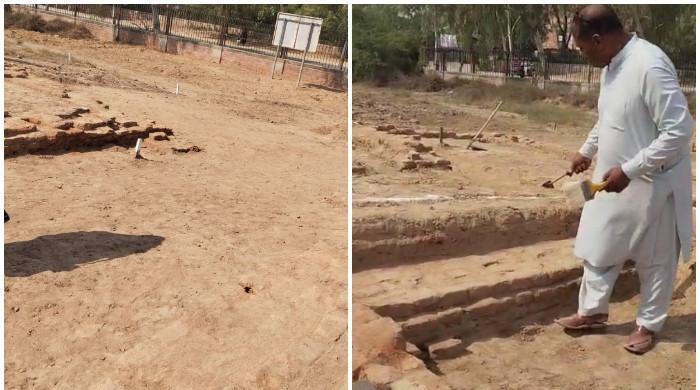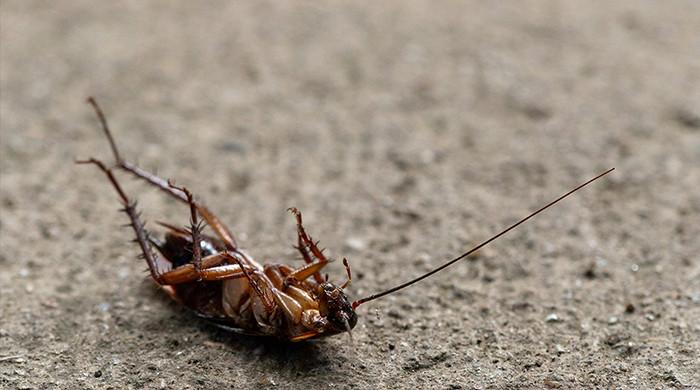Scientists uncover world's oldest-known burial site in South Africa
World-renowned palaeontologist Lee Berger announces his discovery of the oldest graves ever found in South Africa, pushing back the first traces of mortuary practices by some 100,000 years
A team of palaeontologists in Johannesburg, South Africa, has uncovered the oldest known burial site in the world under the direction of renowned palaeoanthropologist Lee Berger.
Within the Cradle of Humankind, a Unesco world heritage site close to Johannesburg, the study team discovered three specimens of Homo naledi, an ancient relative of humans, buried deep down in a cave system.
The burial site, which is around 30 metres (100 feet) below ground, raises questions about how humans evolved.
Formerly thought to be the oldest known burials, Homo sapiens remains were discovered in the Middle East and Africa and date back about 100,000 years. Yet the recently found burials in South Africa go back at least 100,000 years before them.
The bones of Homo naledi, an extinct species that lived before modern humans and apes, were discovered in the South African cave system. These people stood around 1.5 metres (five feet) tall and had brains the size of oranges.
The idea of a straight evolutionary route has already been upended by the discovery of Homo naledi in 2013, whose physical traits and tool-use prowess contradicted earlier theories.
The discovery proves that mortuary practices such as burials and symbolic practices may not be unique to humans, as evidenced by oval-shaped burial sites intentionally dug by the species that contain at least five individuals and geometric shapes on a cave pillar.
Furthermore, Lee Berger emphasised the importance of these discoveries in changing our conception of human evolution.
He acknowledged the controversy surrounding his earlier research and asserted that the present body of evidence refutes the idea that only large brains are responsible for sophisticated behaviour.
According to the researchers, burial customs, meaning-making, and even creative expression may have a richer and more varied history than previously thought.
Although the discovery requires further understanding and analysis, the findings about complex human behaviour highlights the potential to revolutionise our understanding of human evolution.
-
'Who's it?' Late-night doorbell prank mystery ends with bizarre twist
-
When blue met green: Jaybirds create a one-of-a-kind hybrid
-
Australian scientists grapple with 'despicable' butterfly heist
-
Floods from Koh-e-Suleman bring 2,000-year-old coins to Punjab
-
Octopus boom triggers ‘perfect storm’ for Britain’s shellfish trade
-
Cambridge can’t escape ‘skibidi’ as Gen Z slang adds 6,000 fresh entries
-
Italian Brainrot: The AI memes only kids know
-
Nasa's Curiosity rover discovers coral-like rock on Mars













